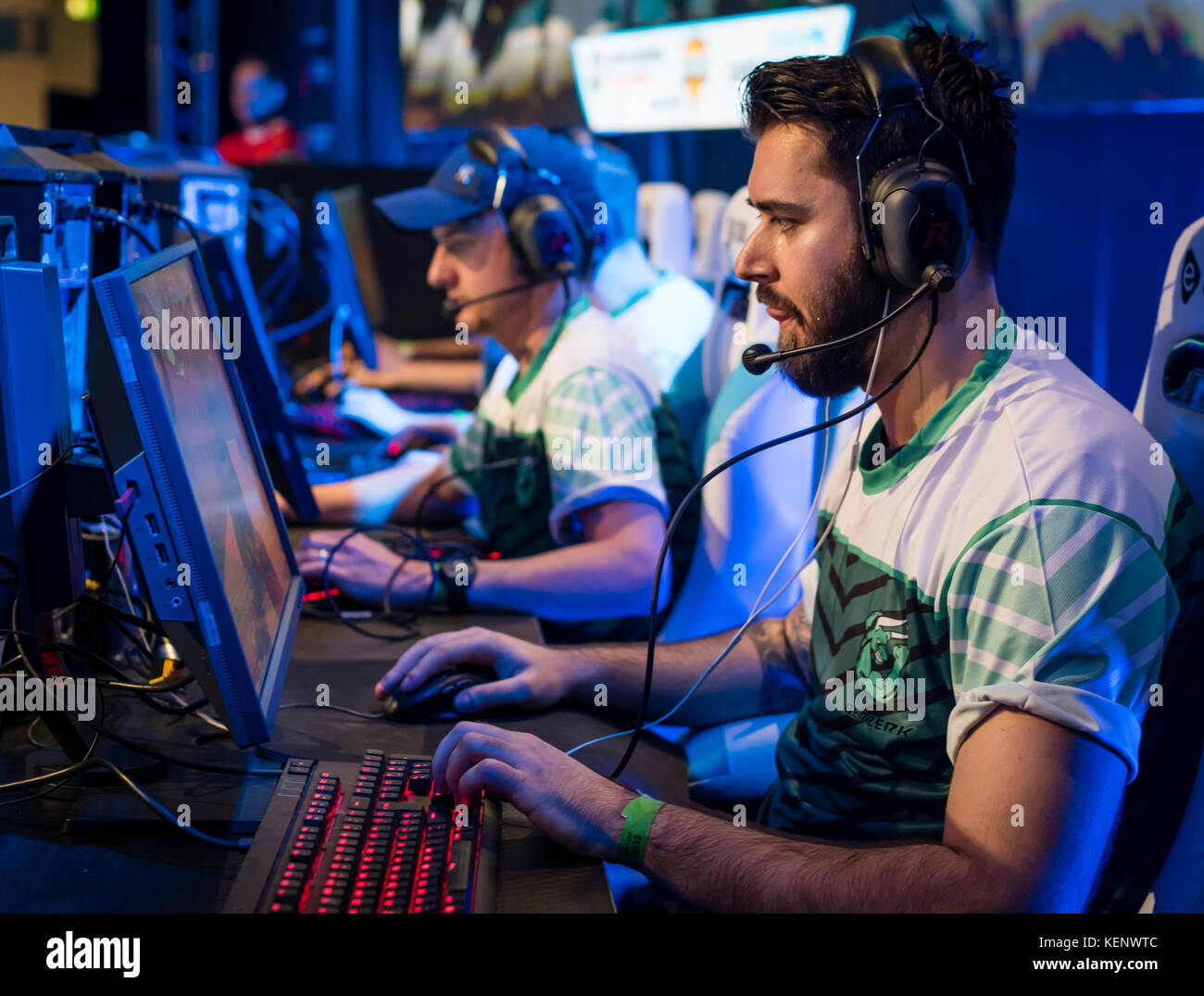BD124 Insights
Your go-to source for the latest news and informative articles.
Beyond Headshots: How CSGO Esports Redefines Competitive Gaming
Explore how CSGO Esports is transforming competitive gaming beyond just headshots—discover the thrill, strategy, and cultural impact now!
The Evolution of Strategy: How CSGO Esports Transformed Competitive Gameplay
The evolution of strategy in esports, particularly in CSGO, has been nothing short of revolutionary. Initially, competitive gameplay was dominated by basic tactics and reflexes, but as the scene matured, so did the strategies employed by teams. The introduction of intricate map knowledge, advanced communication techniques, and the utilization of various roles within teams highlighted the necessity for a tactical depth that fans and players hadn't seen before. Teams began to dissect their opponents with meticulous planning, leading to a more cerebral approach to matches where every decision could mean the difference between victory and defeat.
Moreover, the rise of CSGO esports has significantly transformed the landscape of competitive gaming. Players are now required to adapt not only their gameplay mechanics but also their approach to teamwork and strategy. This shift has resulted in a deepened understanding of game mechanics and how they affect team dynamics. As esports continues to evolve, particularly in CSGO, teams and players are constantly innovating their strategies to stay ahead of the competition, making the scene an ever-changing battlefield that rewards those who are willing to embrace new tactics and approaches.

Counter-Strike is a highly popular first-person shooter game that promotes teamwork and strategy. Players engage in intense matches where they can choose to play as terrorists or counter-terrorists. For those interested in improving their skills, cs2 retake servers provide a great platform for practice and competitive play.
From Casual Matchmaking to Pro Tournaments: The Journey of CSGO Esports
The evolution of CSGO esports has been nothing short of remarkable, transitioning from casual matchmaking games in local LAN parties to the grandeur of professional tournaments watched by millions worldwide. Initially, the game attracted a dedicated player base who enjoyed the competitive nature of Counter-Strike: Global Offensive. As players honed their skills, the emergence of online match-making platforms facilitated both casual and competitive play, leading to the formation of teams and grassroots tournaments. This grassroots interest paved the way for larger events, solidifying CSGO’s position in the esports landscape.
With the rise in popularity, CSGO esports saw the establishment of significant tournament series, such as the ESL Pro League and the Major Championships. These events not only showcased elite teams but also offered substantial prize pools, attracting top-tier talent from around the globe. Today, the journey from casual matchmaking to pro tournaments is celebrated through streaming platforms and community engagement, making CSGO a central figure in the world of competitive gaming, and solidifying its impact on the global esports culture.
What Makes CSGO a Unique Frontier in the World of Esports?
Counter-Strike: Global Offensive (CSGO) stands out as a unique frontier in the world of esports due to its rich history and dynamic gameplay. Released in 2012, CSGO has evolved from its predecessors, maintaining a loyal fan base while attracting new players with its competitive nature. The game blends strategy, teamwork, and individual skill, offering players an immersive experience that few other games can match. This combination has not only made it a staple in the esports community but also a platform for professional tournaments that draw millions of viewers worldwide.
One of the defining features of CSGO is its robust ecosystem, which encompasses everything from casual play to high-stakes tournaments. The game's ranking system ensures that players can always find matches that suit their skill level, fostering a competitive environment. Additionally, the frequent updates and active community support keep the game fresh, while features like skin trading and betting markets add layers of engagement beyond traditional gameplay. These elements contribute to making CSGO not just a game, but a wide-reaching phenomenon that continues to push the boundaries of what esports can achieve.